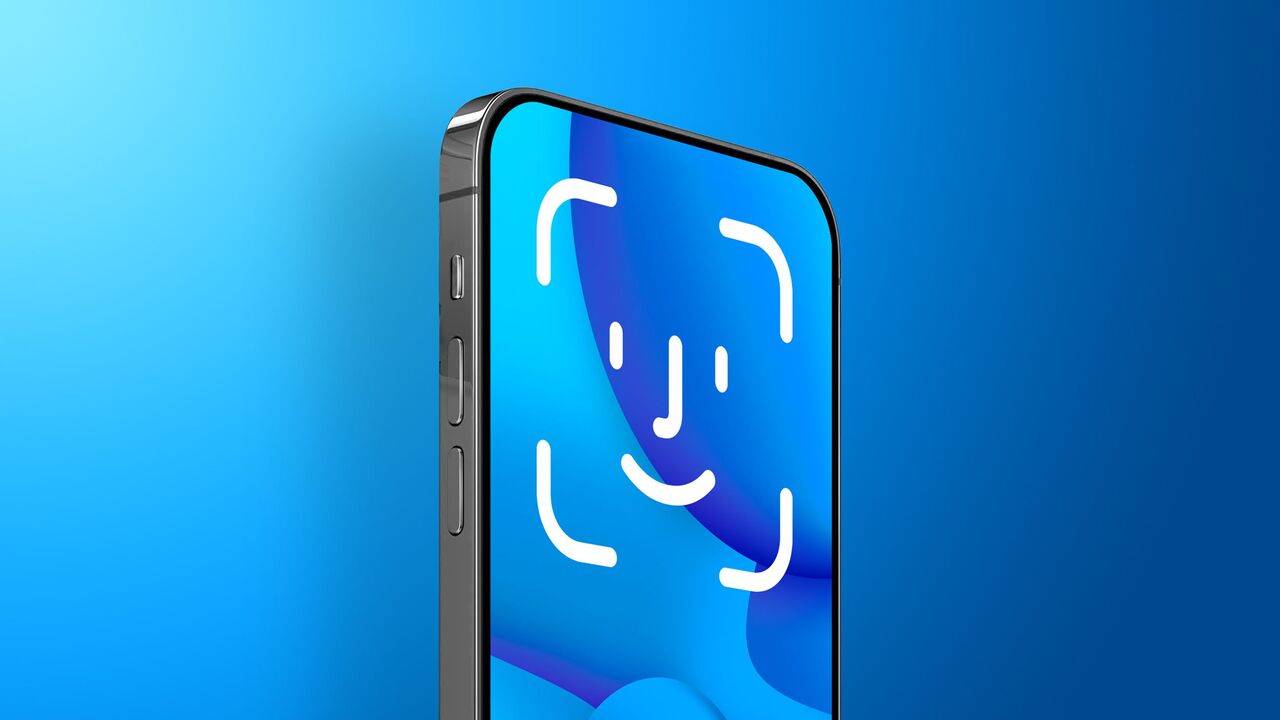Face ID won't be hiding under your iPhone screen any time soon, says expert
The big iPhone Face ID redesign now appears to be delayed until the iPhone 17 or later


Predicting the future of the iPhone can be a tricky business, especially when it comes to timescales: features predicted for the iPhone 14 ended up being pushed back to the iPhone 15, and some supposedly imminent additions haven't made it into production at all. The rumour of a radical iPhone redesign putting FaceID sensors behind the display appears to be the latest example.
In January, tech trade site The Elec claimed that under-display Face ID would be coming to the iPhone 16 Pro in 2024. However, a new post by display expert Ross Young – who had previously agreed with the timescale – says that Apple has been forced to delay the change due to "sensor issues". So it looks like we'll have to wait for the iPhone 17 Pro, or maybe even longer.
Why does an under-display sensor matter?
By putting the sensors behind the screen you free up a bit more space to show things – although I do think that the successful implementation of the Dynamic Island, which I love and which we're expecting to see in the iPhone 15 and iPhone 15 Plus this year, means that's less of an issue.
I really like the Dynamic Island, and I hope it stays even if the physical need for it goes away. And Apple appears to be thinking the same. In February, a new Apple patent emerged with details of a revamped Dynamic Island based on a behind-screen sensor. The system would use a series of tiny transparent windows to make areas of the screen disappear on a per-pixel basis, helping deliver Apple's goal of an iPhone that's a single sheet of glass with no visible sensors at all.
Young has previously said that Apple is working on an all-screen iPhone with both the Face ID sensor and the front-facing camera moved behind the display; his launch estimate for that was 2026 or possibly later. Whatever Apple ends up doing, we're not going to see it very soon.
Get all the latest news, reviews, deals and buying guides on gorgeous tech, home and active products from the T3 experts
Writer, musician and broadcaster Carrie Marshall has been covering technology since 1998 and is particularly interested in how tech can help us live our best lives. Her CV is a who’s who of magazines, newspapers, websites and radio programmes ranging from T3, Techradar and MacFormat to the BBC, Sunday Post and People’s Friend. Carrie has written more than a dozen books, ghost-wrote two more and co-wrote seven more books and a Radio 2 documentary series; her memoir, Carrie Kills A Man, was shortlisted for the British Book Awards. When she’s not scribbling, Carrie is the singer in Glaswegian rock band Unquiet Mind (unquietmindmusic).
